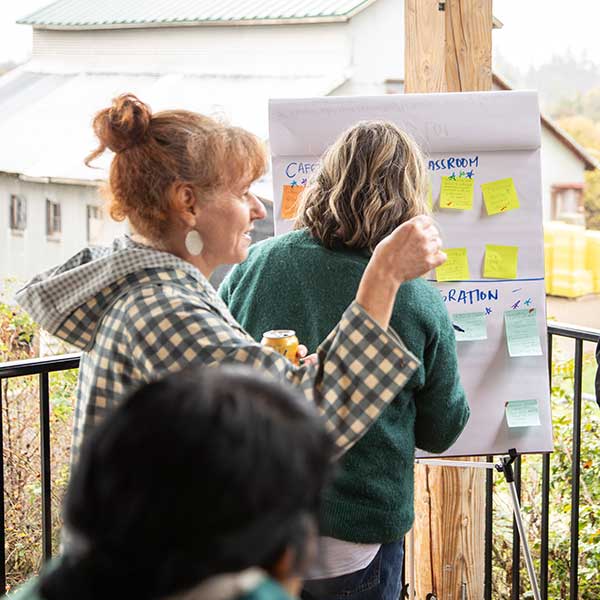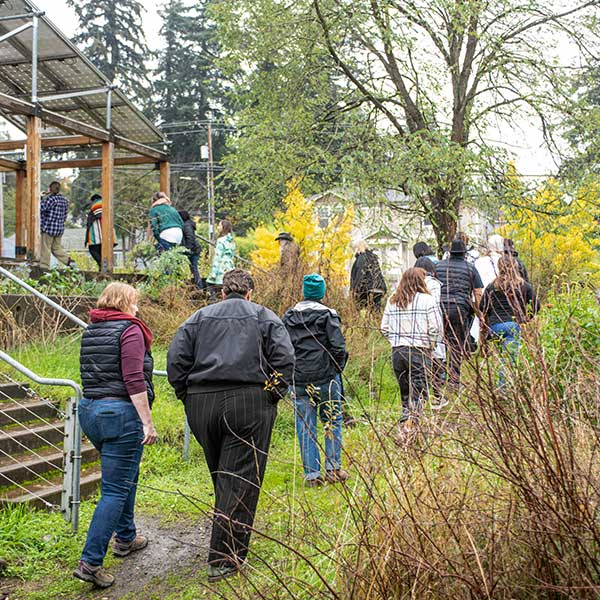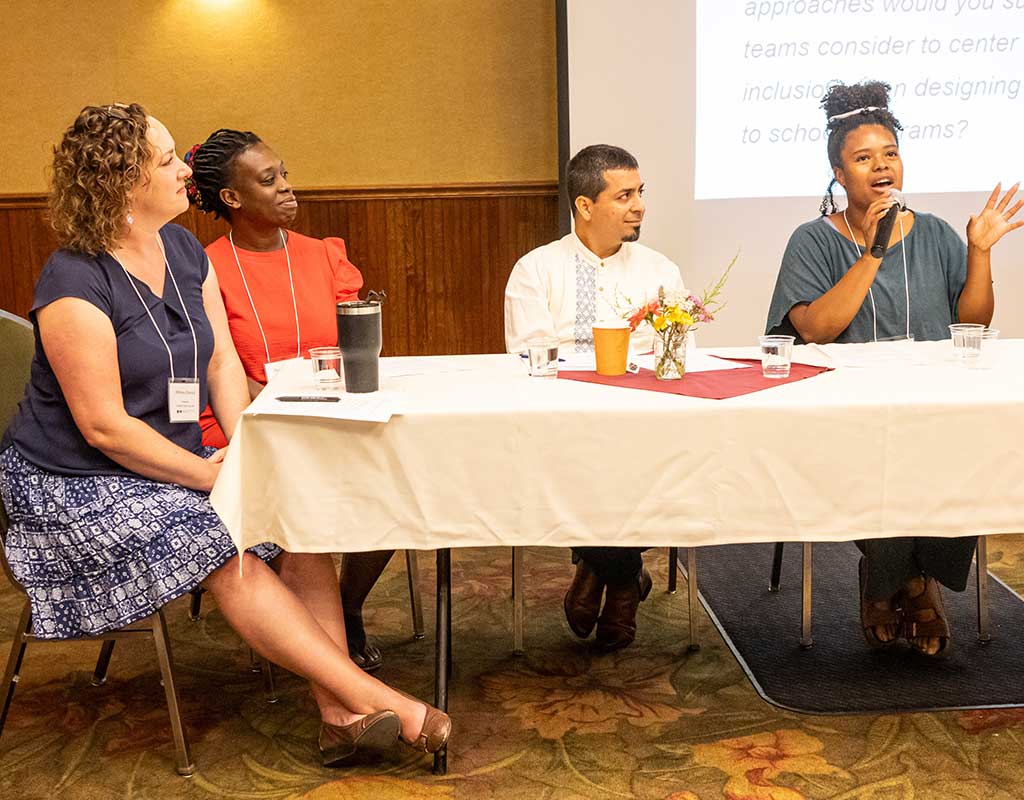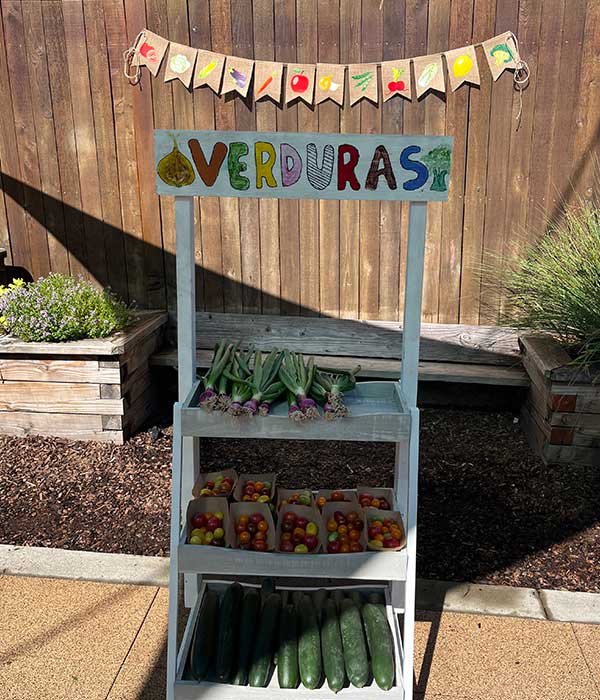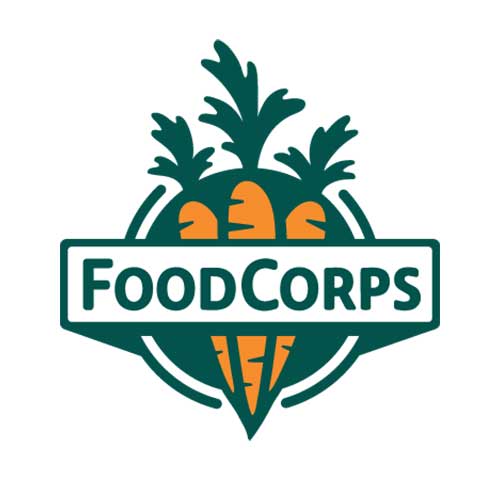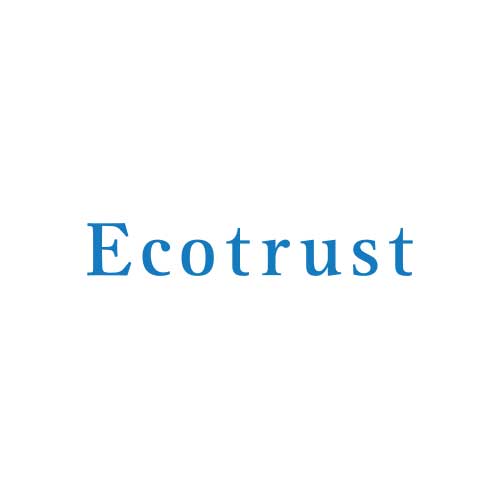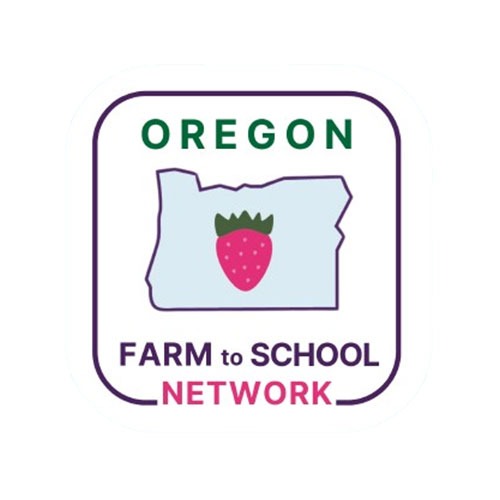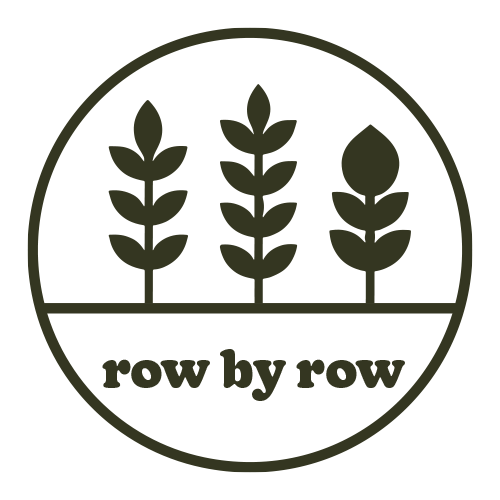Farm to school efforts are most successful and long-lasting when teams take the time to build commitment and capacity of a diverse set of collaborators. These must include school nutrition/food service staff, teachers, and administrators. They may also include school garden educators or managers, family members, students (middle and high school), school nurses, farmers and other food producers, and community partners. We encourage and seek diverse teams that contain members of different racial and gender identity, experience levels, and program roles. Teams for the Institute’s summer retreat are expected to be about 4-5 members, but a full team or farm to school committee can be larger during the school year.
Consider inviting people who are already farm to school champions, as well as key decision-makers and implementers who have yet to become involved but could provide valuable insights or connections when it comes time to implement your action plan. Your school may already have a group that has been working on farm to school or wellness, or there might be a committee that has worked on these efforts in the past but possibly needs a “refresh” with some new planning and new team members.
If your school has a preschool program such as Head Start, ECAP, Preschool Promise, transitional kindergarten, or other pre-k program on-site, we encourage a representative of that program to be part of your team.
FOR SCHOOL-BASED TEAMS: Teams must be composed of at least 4 individuals representing various constituencies in the school and community. Teams must have representation from the 3 following roles: administration, teachers, school nutrition/food service. Additional team members can include: school garden educators or managers, district-level staff, school nurse and other staff, farmers or other local food producers, school board, community partners, family members, etc.
FOR SCHOOL DISTRICT-WIDE TEAMS: Currently, we are only accepting district-level applications from districts with 5 or fewer schools. Teams must be composed of at least 5 individuals representing various constituencies in the school and community. Teams must have representation from the 3 following roles: district-level administration, teachers, district-level school nutrition/food service. Additional team members can include: school garden educators or managers, school-based administration, school nurse and/or other staff, farmers or other local food producers, school board, family members, community partners, etc. In your application, please identify 1 or 2 particular schools in your district in which you will focus efforts on implementing a Farm to School action plan that can serve as an example for other schools within the district. This has been found to be the most successful way to guide district teams through the planning process.
A note about team composition and the Summer Retreat: While there is no max number for team members, there is only space for 5 team members to attend the Summer Retreat. At least 3 team members attending the retreat must include one representative from the cafeteria (child nutrition), administration and education (teacher or garden educator). These three roles must be represented at the Summer Retreat.
